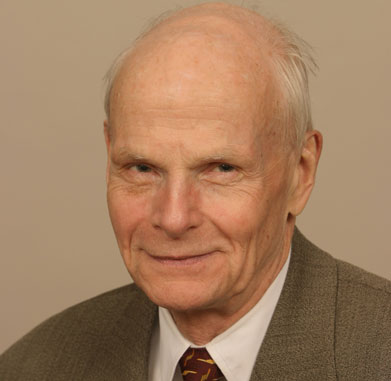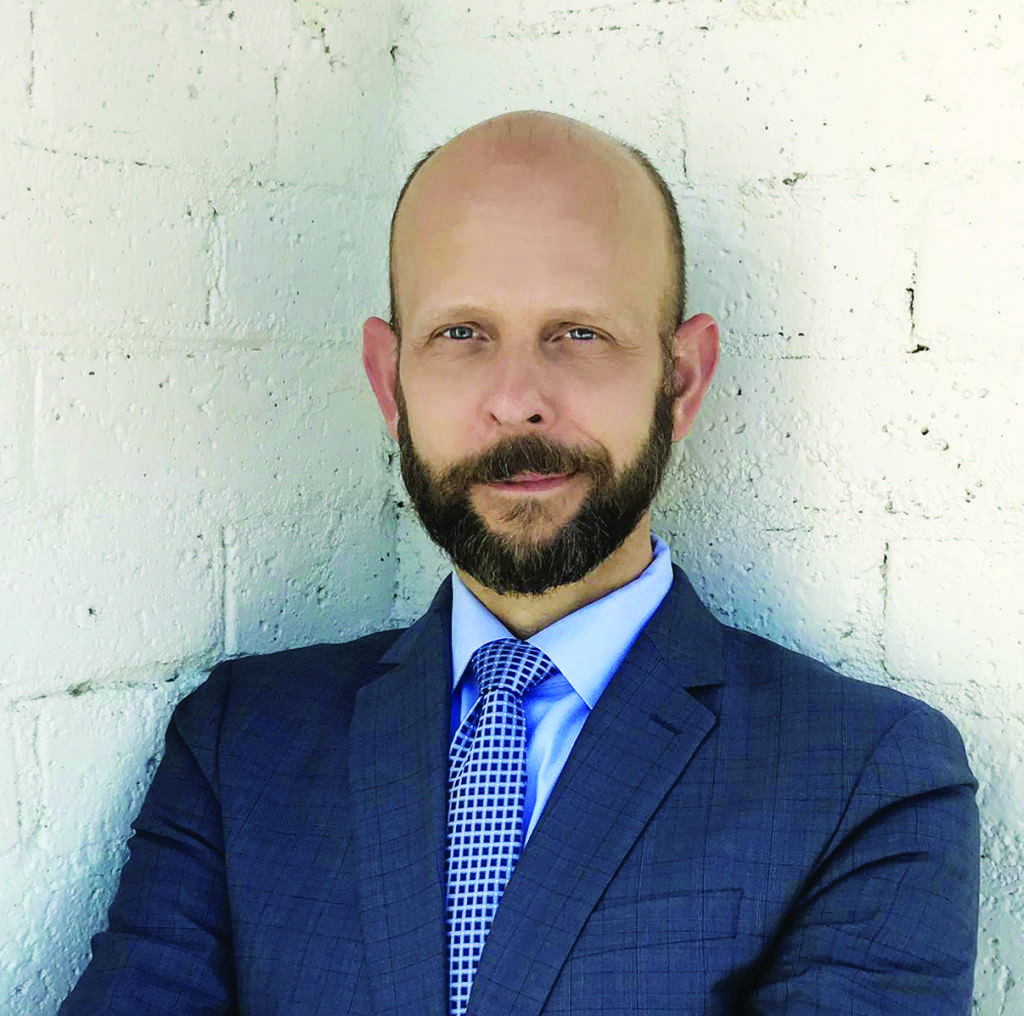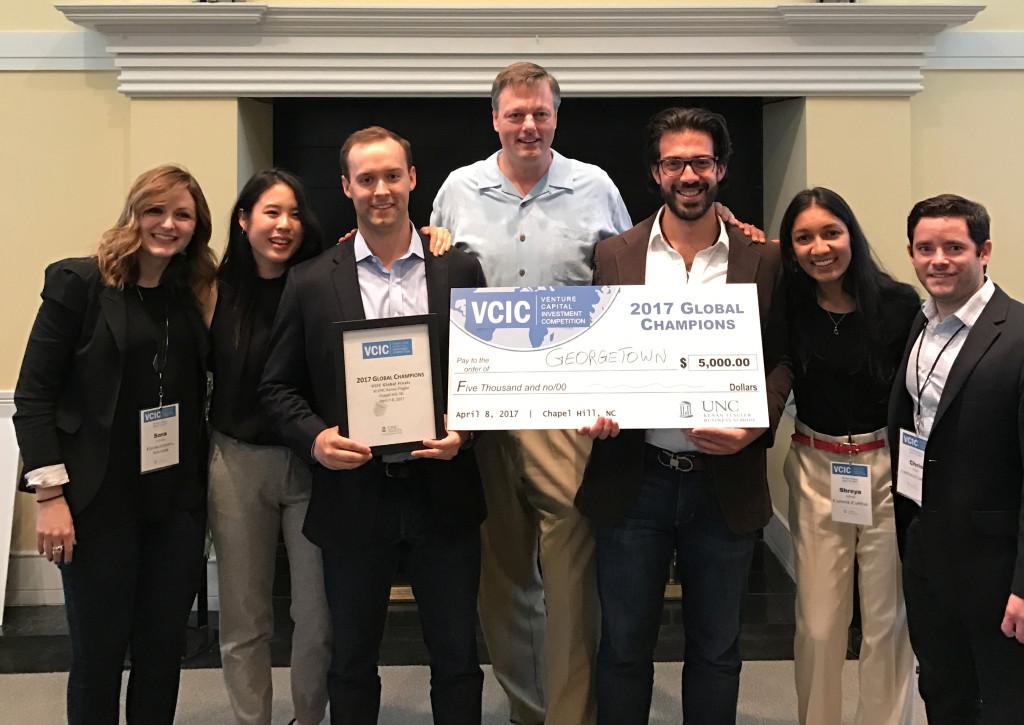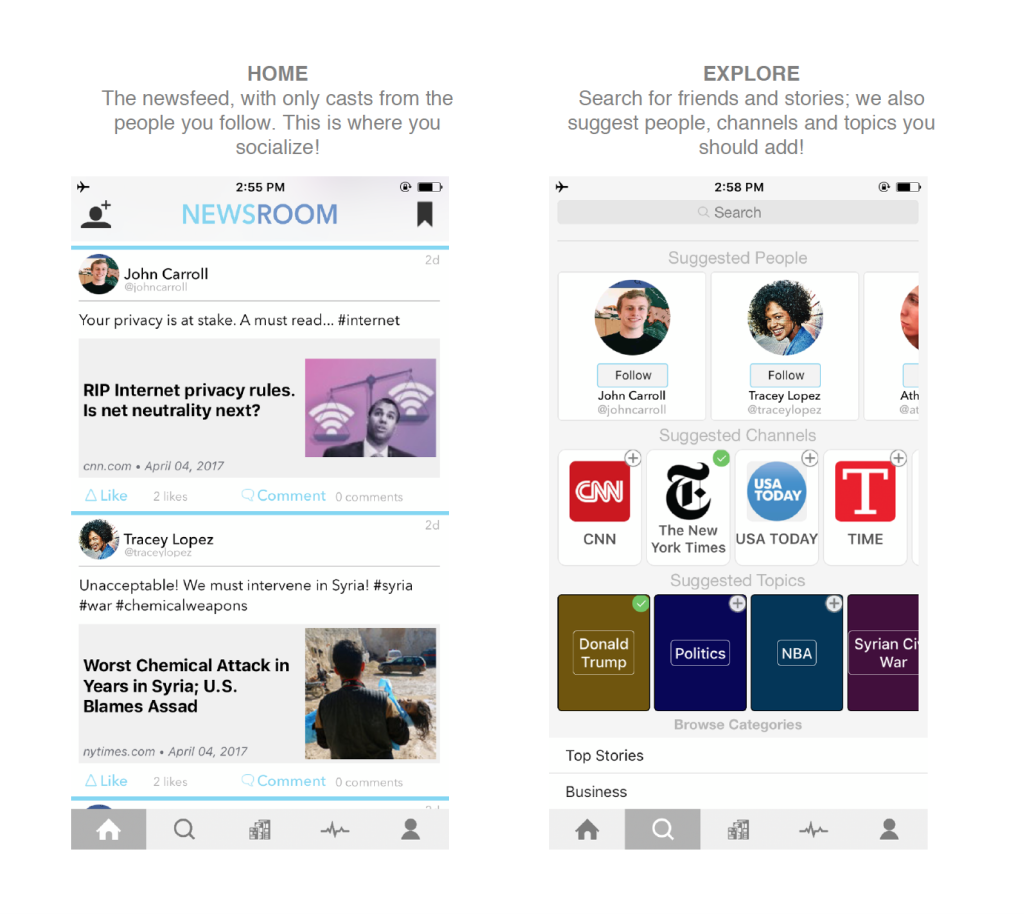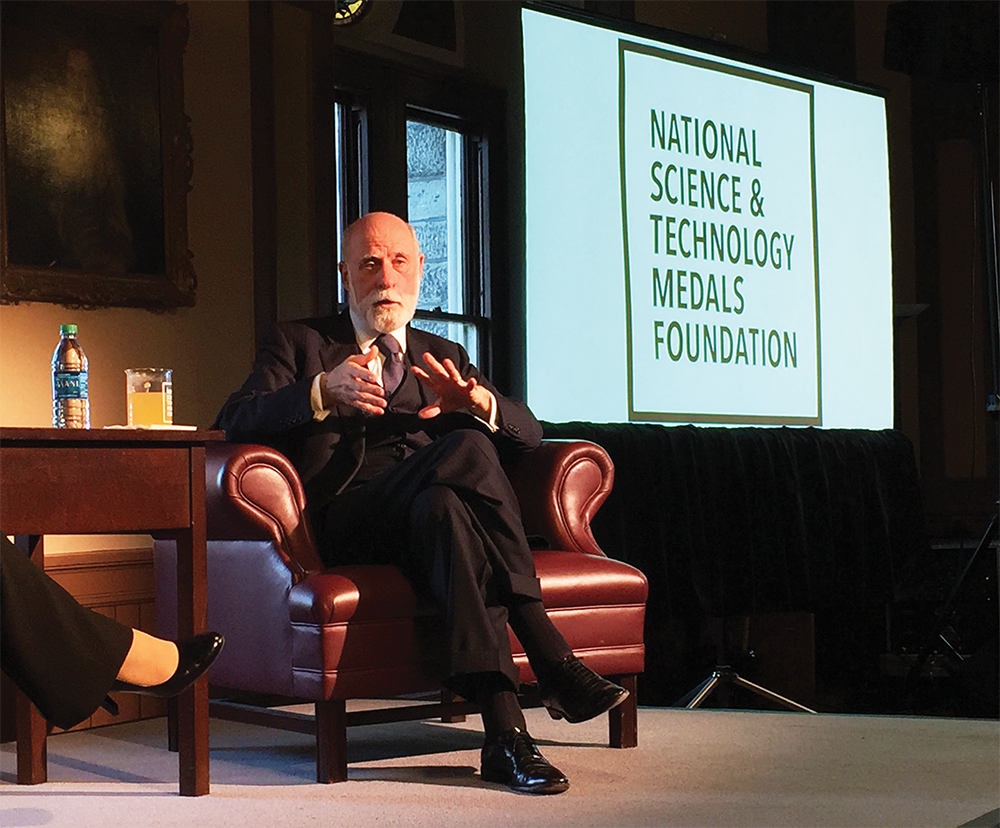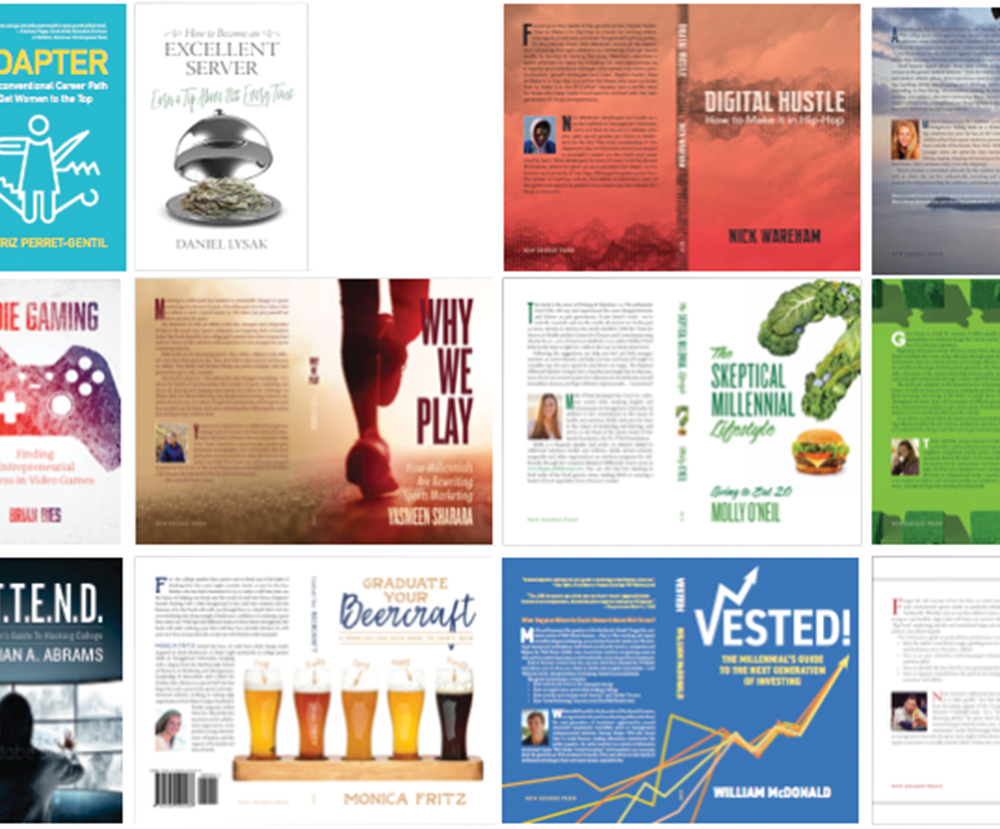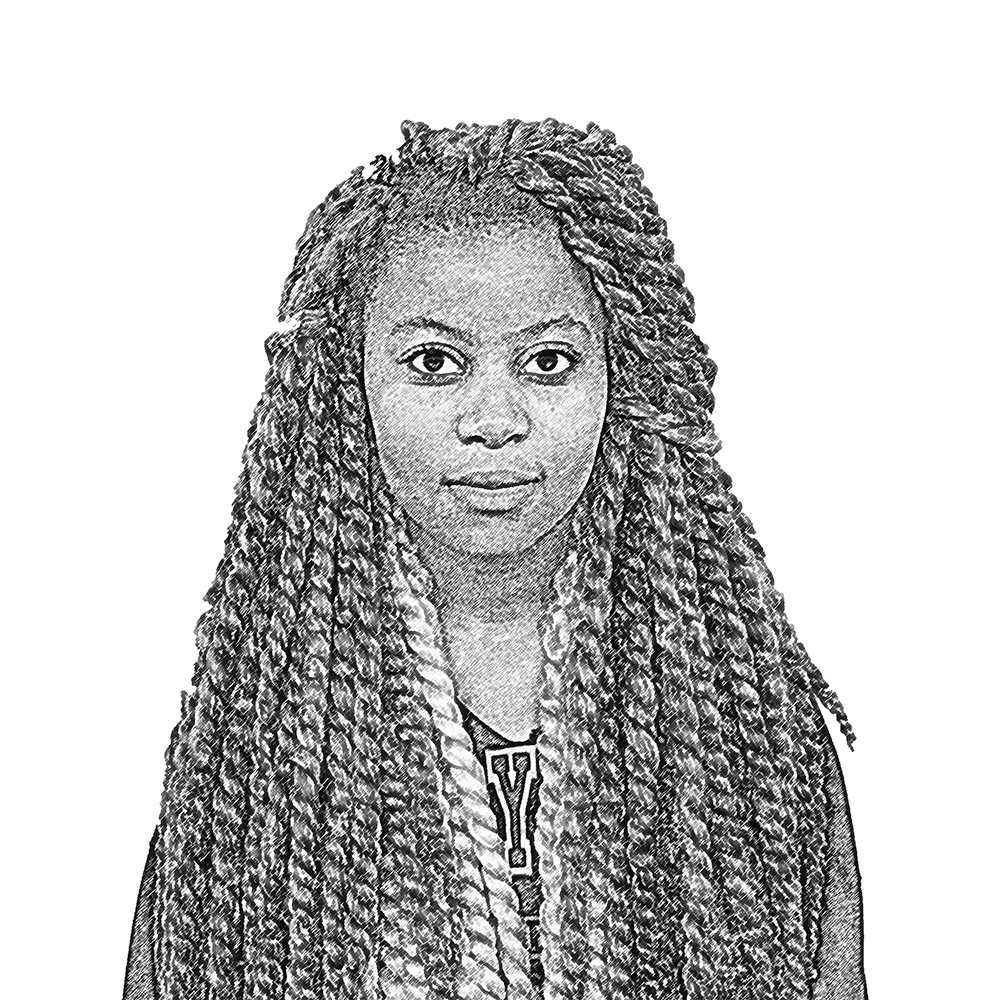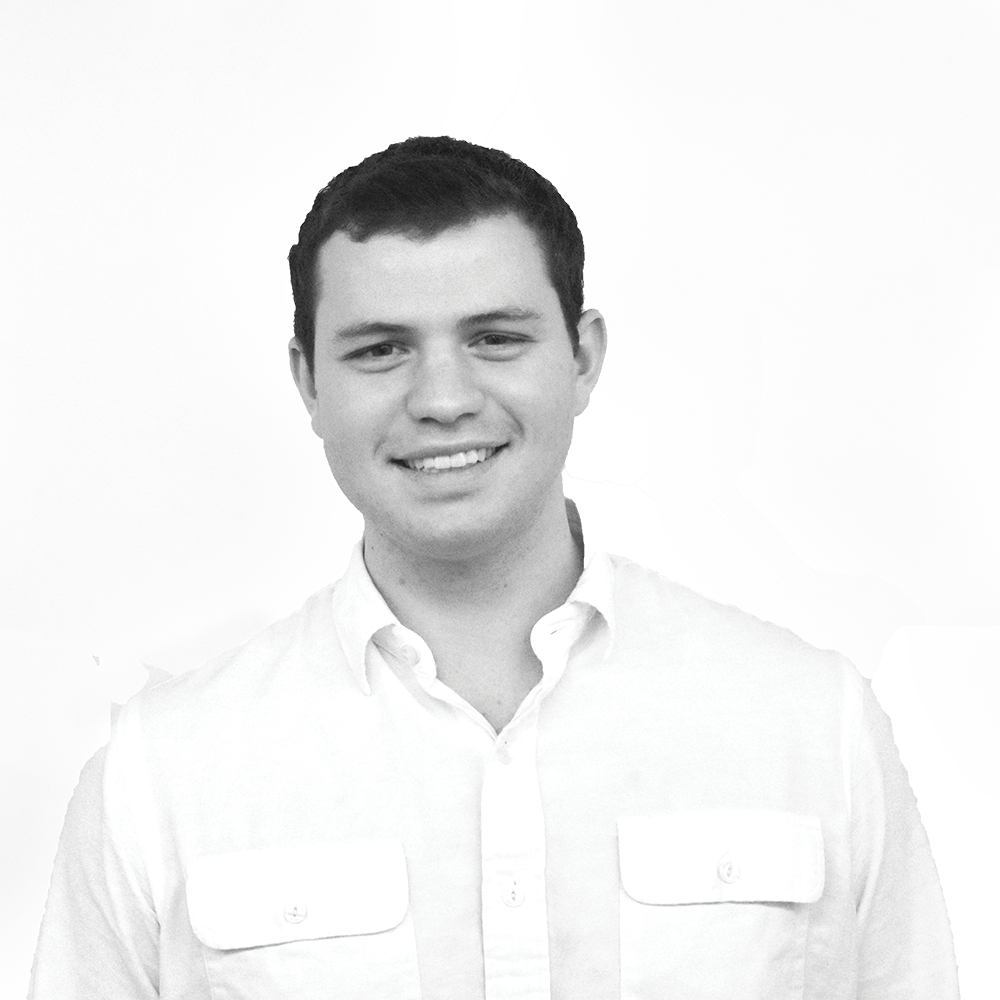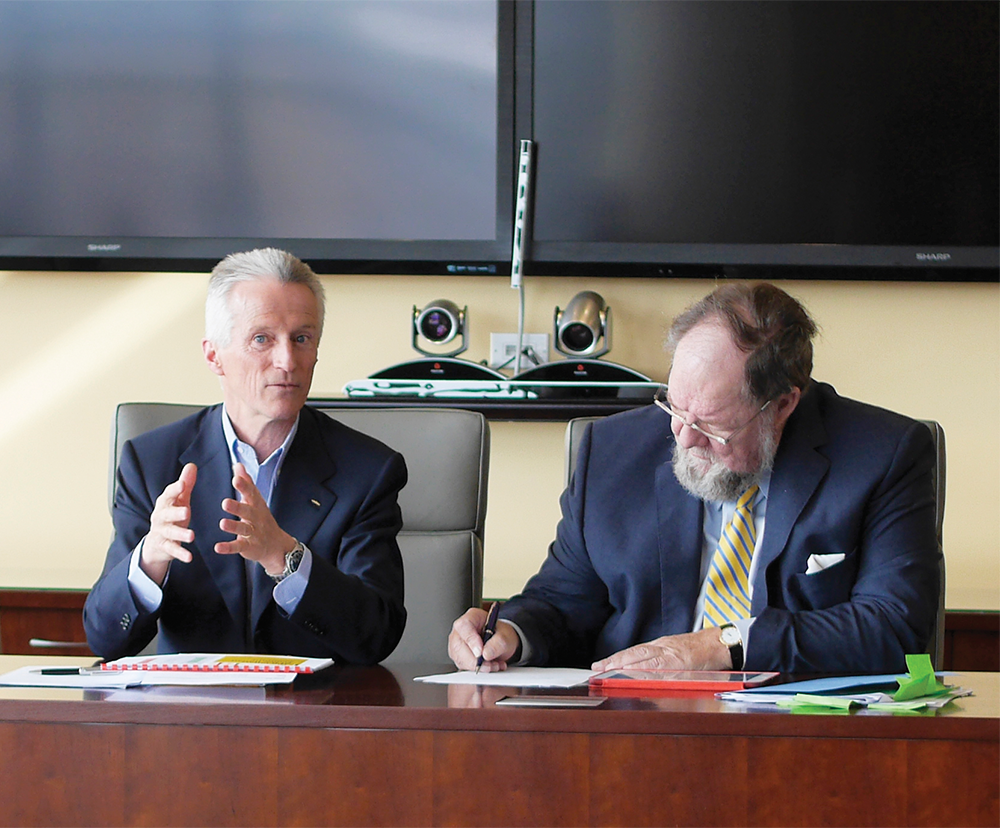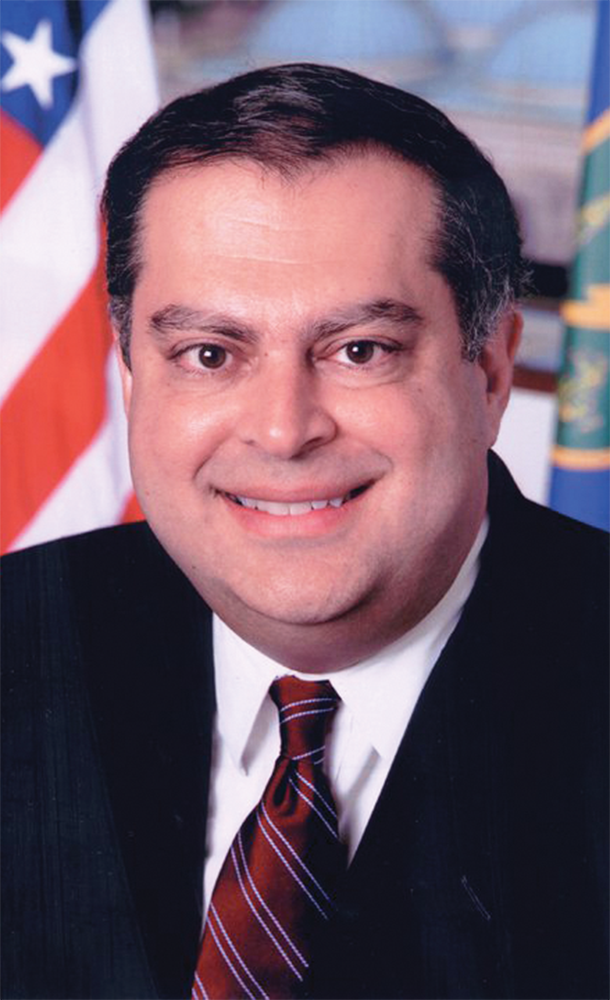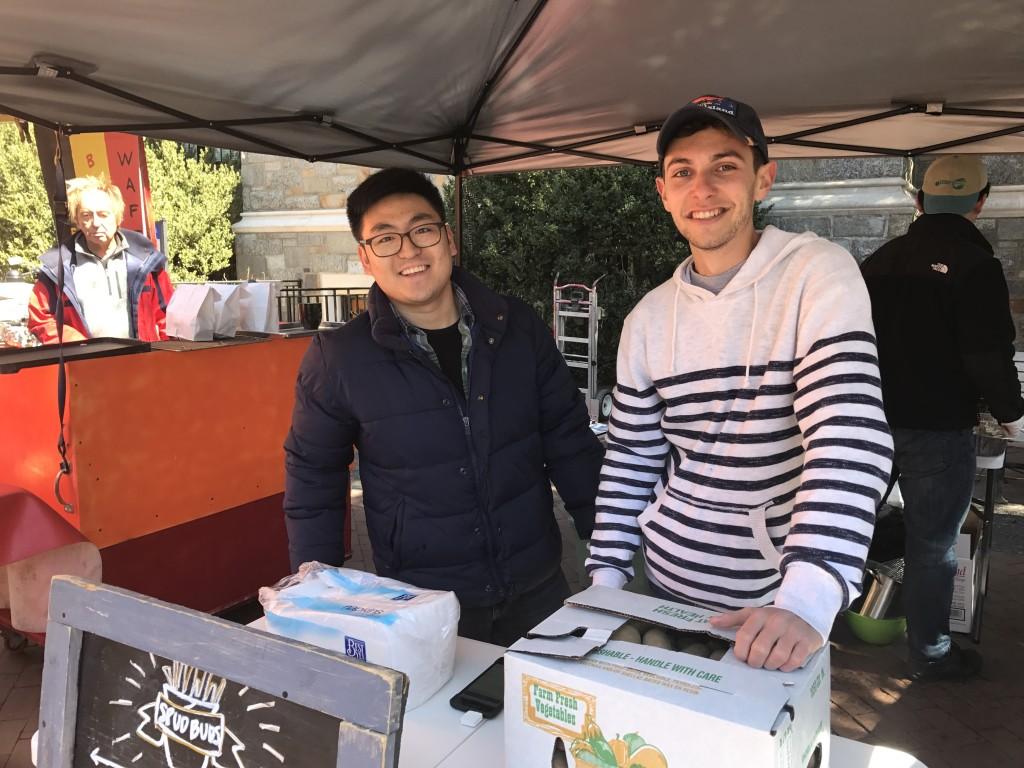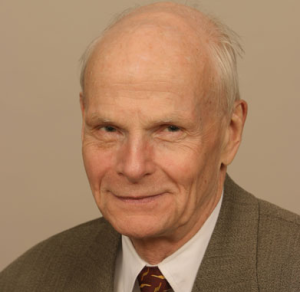
Professor of marketing Alan Andreasen was awarded the William L. Wilkie Marketing for a Better World Award for his work finding socially responsible uses for marketing.
McDonough School of Business professor of marketing Alan Andreasen received the 2015 William L. Wilkie Marketing for a Better World Award from the American Marketing Association Foundation on Feb. 14. The award recognizes leaders in marketing who have contributed to improvements in the application of marketing around the world. Throughout his career, Andreasen has worked with nonprofits including the World Bank, American Cancer Society, AARP, USAID, American Red Cross and public health programs in Egypt, Thailand, Colombia and Bangladesh. The professor, who will retire later this year, reflected on his career using marketing in a socially conscious manner.
Well, first of all, congratulations on receiving the Wilkie Award. This Q&A will serve to inform students about your work and the recognition you have received. So how do you feel about receiving the award?
I am very grateful that it came at this point in my career. I am about to retire from Georgetown and having the American Marketing Association recognize my lifetime contributions in [marketing]. I have focused on this, so it is very gratifying.
What are the main interests you have focused on in your study of marketing over the years?
The main thing I have focused is, how do concepts, ideas and approaches serve the interests of social issues? Both dealing with problems of polar consumerism in the United States and dealing with the problems that aren’t necessarily market-place problems but where marketing ideas can apply around the world in such areas as child diarrhea, rings of population, problems of other kinds such as HIV/AIDS, which show that marketing ideas can get people to do things like protect themselves against AIDS, or get appropriate medicines, or send their daughters to school and so on: where marketing ideas can promote these desirable behaviors.
How have you yourself, outside the classroom, applied your studies of marketing to your real-life experiences as a marketing consultant?
I have gone around the world and advised a lot of programs about social problems including, early on, how to get mothers in Africa to rehydrate their kids, who are experiencing diarrhea. It might seem like a simple problem, but apparently it was the case that kids who are undernourished to begin with, in an environment that is very toxic, very prone to diseases, for them to get sick and get diarrhea, [which] very often can lead to death because they simply, in a sense, drain all the important liquids in their body. So, very early on, some things that I have dealt with were how to get mothers to rehydrate kids when they have severe diarrhea in very poor countries. You are talking about, in a sense, a consumer behavior consuming a product that is, in this case, rehydration solutions.
Could you briefly explain the solution that you came up with for that?
Well, part of it is just reaching the families and to some extent using people, in a sense — role models in the communities who are doing this kind of behavior so people will see that it is a good thing to do, but it also has sanctions by opinion leaders in the community. Of course, the opinion-leader concept is one that has a long history in marketing and is used by lots of marketers to promote their product.
How do you think Georgetown or the McDonough School of Business has supported or contributed to your success?
They have provided me with greatly interesting students who constantly challenge my ideas, they provide me with opportunities to teach courses around these subjects, which are usually called social marketing or social enterprise. The whole area of social enterprise is one that the business school has grown dramatically and brought in a lot of other people like [Georgetown Social Enterprise Director] Bill Novelli to promote this whole area. Georgetown has been both supportive of me individually and has seen the benefits including the broad area of social enterprise as something that it ought to participate in, to support and to make as part of its offerings in the business school.
After all these years researching this topic, what would your main takeaway be from your study of marketing outside of this business context for theses social purposes and nonprofits?
I think not only my main takeaway, but the one I hope others appreciate, is that concepts developed in marketing in the commercial sector can be extremely valuable in promoting social behaviors around the world that need addressing.


